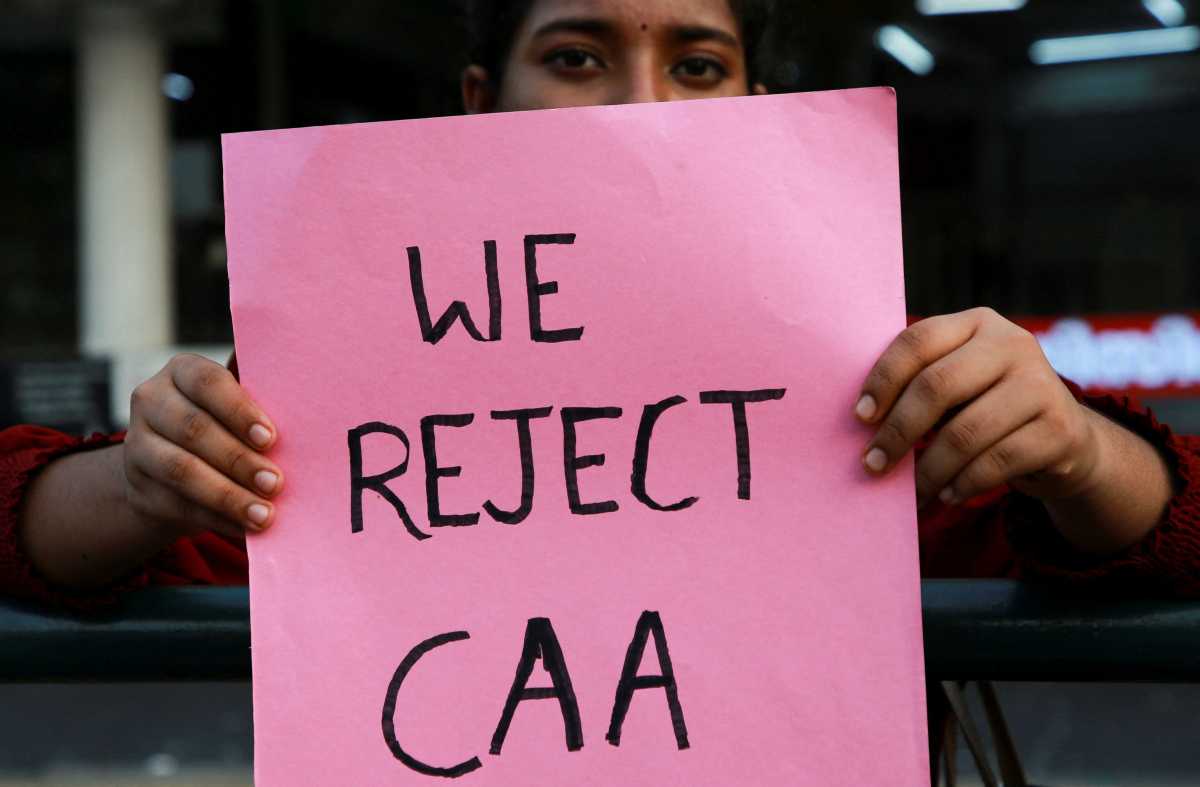Politics
India Rejects US Criticism of CAA Implementation

India firmly dismissed the United States’ criticism of the Citizenship Amendment Act (CAA) implementation, labeling it as ‘misinformed and unwarranted’. The Ministry of External Affairs spokesperson, Randhir Jaiswal, defended the inclusive provisions of the Indian constitution and hailed the CAA as a ‘laudable’ initiative.
In a weekly briefing, Jaiswal emphasized that the CAA focused on granting citizenship rather than taking it away. He reiterated that the Act aimed to provide refuge to persecuted religious minorities from Pakistan, Bangladesh, and Afghanistan, excluding Muslims. The U.S. State Department‘s spokesperson, Matthew Miller, had expressed concern over the CAA’s implementation, prompting India’s strong rebuttal.
Since the notification of the CAA Rules on March 11, tensions have escalated, with critics questioning the exclusion of Muslims from the citizenship benefits. The law, which had been passed in December 2019 but delayed in enforcement, ignited widespread protests across the country, particularly in regions like Assam and Delhi.
Responding to the U.S. State Department’s remarks on monitoring the CAA, India reiterated its commitment to human rights and emphasized that the constitution guaranteed freedom of religion to all citizens. Jaiswal highlighted that minority rights were safeguarded in India and criticized external interference in domestic affairs.
Home Minister Amit Shah has been a vocal proponent of the CAA, clarifying that it aimed at aiding minorities facing religious persecution in neighboring countries. He underscored that Indian Muslims’ rights remained intact and equal to all other citizens, asserting that the CAA did not revoke their privileges.
The government’s stance on the CAA reiterated that it offered a quicker pathway to citizenship for select non-Muslim communities fleeing persecution. With the assurance that Indian Muslims retained full rights, the ministry spokesperson emphasized that the Act was a humanitarian gesture to assist distressed individuals.












